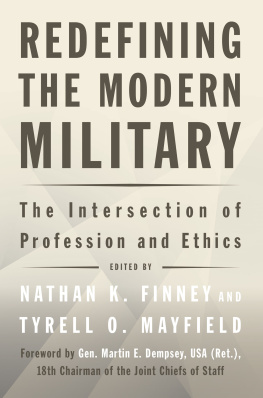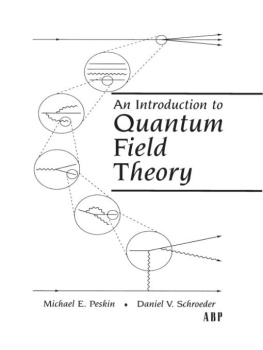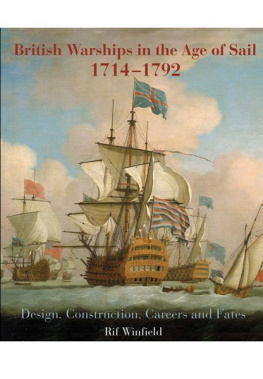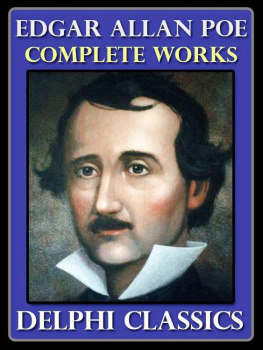2003 by The Kent State University Press, Kent, Ohio 44242
ALL RIGHTS RESERVED
Library of Congress Catalog Card Number 2003004414
ISBN 0-87338-774-0
Manufactured in the United States of America
07 06 05 04 03 5 4 3 2 1
Library of Congress Cataloging-in-Publication Data
Peskin, Allan.
Winfield Scott and the profession of arms / Allan Peskin.
p. cm.
Includes bibliographical references (p. ) and index.
ISBN 0-87338-774-0 (cloth : alk. paper)
1. Scott, Winfield, 17861866. 2. GeneralsUnited StatesBiography. 3. United States. ArmyBiography. 4. United StatesHistory, Military19th century. 5. United StatesHistoryWar of 1812Biography. 6. Mexican War, 18461848Biography. 7. United StatesHistoryCivil War, 18611865Biography. I. Title.
E403.I.S4P47 2003
355.0092dc21
2003004414
British Library Cataloging-in-Publication data are available.
It is comparatively easy to build a big book, warned Winfield Scott. It is only necessary to pile line upon line, document on document, Pelion on Ossaand bulk is obtained. In writing his own memoirs, Scott did not heed this injunction, and perhaps some will say neither have I. In extenuation I can only plead that Scott was a big man and deserves a large book. Whether his life story deserves this particular book is another question, and not one for its author to decide.
With an active career that spanned more than half a century, Winfield Scott had a hand in the major military, political, and diplomatic events of his long lifetime. It was this versatility that initially attracted my interest. Having completed a biography of James A. Garfield, who played a similar role in post-1860 American life, I was looking for a project of equivalent magnitude. The usual practice among academic historians is to stake a claim to some small furrow of the past and keep plowing it deeper. I found myself unable to follow this path. Having said my piece on Reconstruction and the Gilded Age, I wanted to move on to something else. Envious of my Europeanist colleagues who take entire centuries as their province, I thought it might be fun to dip into the first half of the nineteenth century.
A study of Scott was appealing not only on that count but also for the practical reason that no scholarly biography had appeared since Charles Winslow Elliotts path-breaking 1937 work, Winfield Scott: The Soldier and the Man. As should have been expected, I ran up against what might be called Mitchells Second Law. As promulgated by Memory F. Mitchell in her delightful essay, Publishing in State Historical Journals, it reads, No matter how obscure a
While I was plugging away at my customary leisurely pace, not one but two biographies of Scott appeared: the first by John S. D. Eisenhower in 1997 and the second by Timothy P. Johnson in 1998. This embarrassment of riches might seem to render the present work superfluous, but it could be argued that Scott was big enough to support numerous interpretations. The differences can be seen in the titles. To Eisenhower, Scotts significance was as the Agent of Destiny, both for the consolidation of the nation as a single unity and for its expansion. Johnson saw the key to the generals career in more personal terms as The Quest for Military Glory. His Scott can be understood as a glory-hungry elitist and as a social and political conservative who spent his life struggling against what he believed to be the degenerative force of democracy. For reasons that should become clear to the reader, neither of these approaches seemed wholly satisfactory. As I immersed myself in Scotts life, it struck me that the key to its meaning could be found in his commitment to military professionalism. In this reading, Scott appears as a modernizer, not as Johnsons reactionary, and as an active force rather than Eisenhowers passive agent. His greatest activity was directed toward the creation of a professionalized, bureaucratized military organization as opposed to the ad-hoc peoples army favored by Presidents Jefferson, Jackson, and Polk and by various frontier-schooled officers. For this reason, I was as interested in the peace-time military establishment as much as in its exploits during occasional wars.
This is not, however, a purely institutional study. Scotts outsized personality could not be contained by any such formal restrictions, and I found myself following him into various byways of private life. Part of the charm of biography lies in the capacity of a human life to be so various, contradictory, and unpredictable that it is full of surprises. Although I doubt whether Scott and I would have hit it off had we ever met, I was frequently surprised, and sometimes delighted, by the man I uncovered. I hope some of this carries over into the narrative that follows.
In thanking those who contributed to this project, the brevity of these acknowledgments does not reflect the extent of my gratitude. Cleveland State University generously assisted with travel and photocopying expenses, as well as with sabbatical leave for research and writing. My special thanks goes to the indefatigable Maggie Smith of interlibrary loan for patiently scouring the nations libraries to satisfy my requests for arcane source material. Other librarians, especially at the National Archives, the Library of Congress, the New York Public Library, the Pennsylvania Historical Society, and the Clements Library, put up with my demands with good humor and efficiency. Fellow scholars were generous with assistance, most notably Emily Apt Geer, William P. MacKinnon, and the late Frank Byrne, each of whom brought Scott items to my attention. John Hubbell prodded me to stay on task, as did my wife Barbara. Both she and our son, Larry, lent their keen eyes and exacting standards to the reading of proof when, I am sure, they would have preferred more interesting activities. Finally, the editorial staff at the Kent State University Press tolerated my foibles, humored my authorial vanity, and patiently changed that to which, and vice-versa, at every opportunity.













